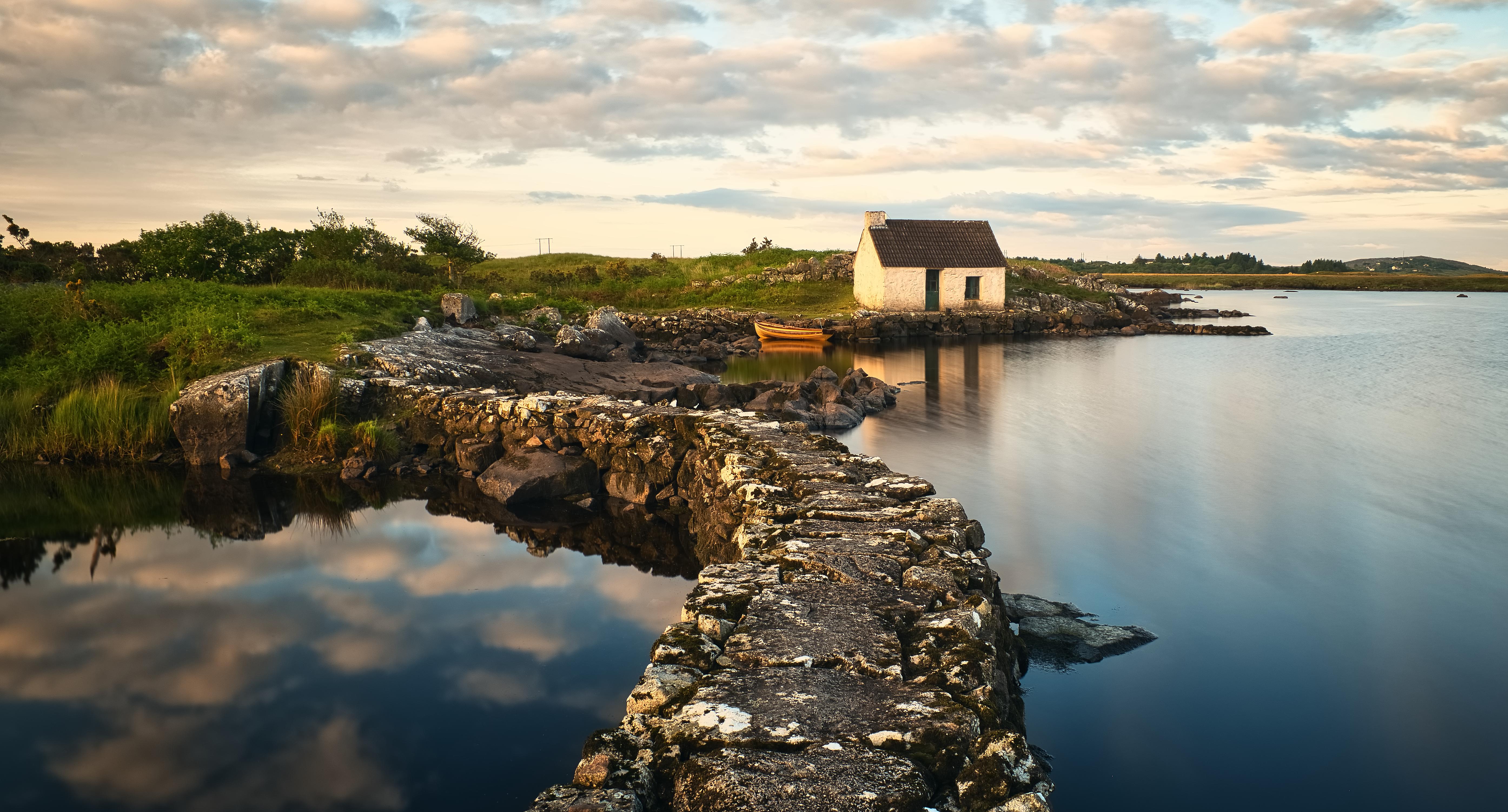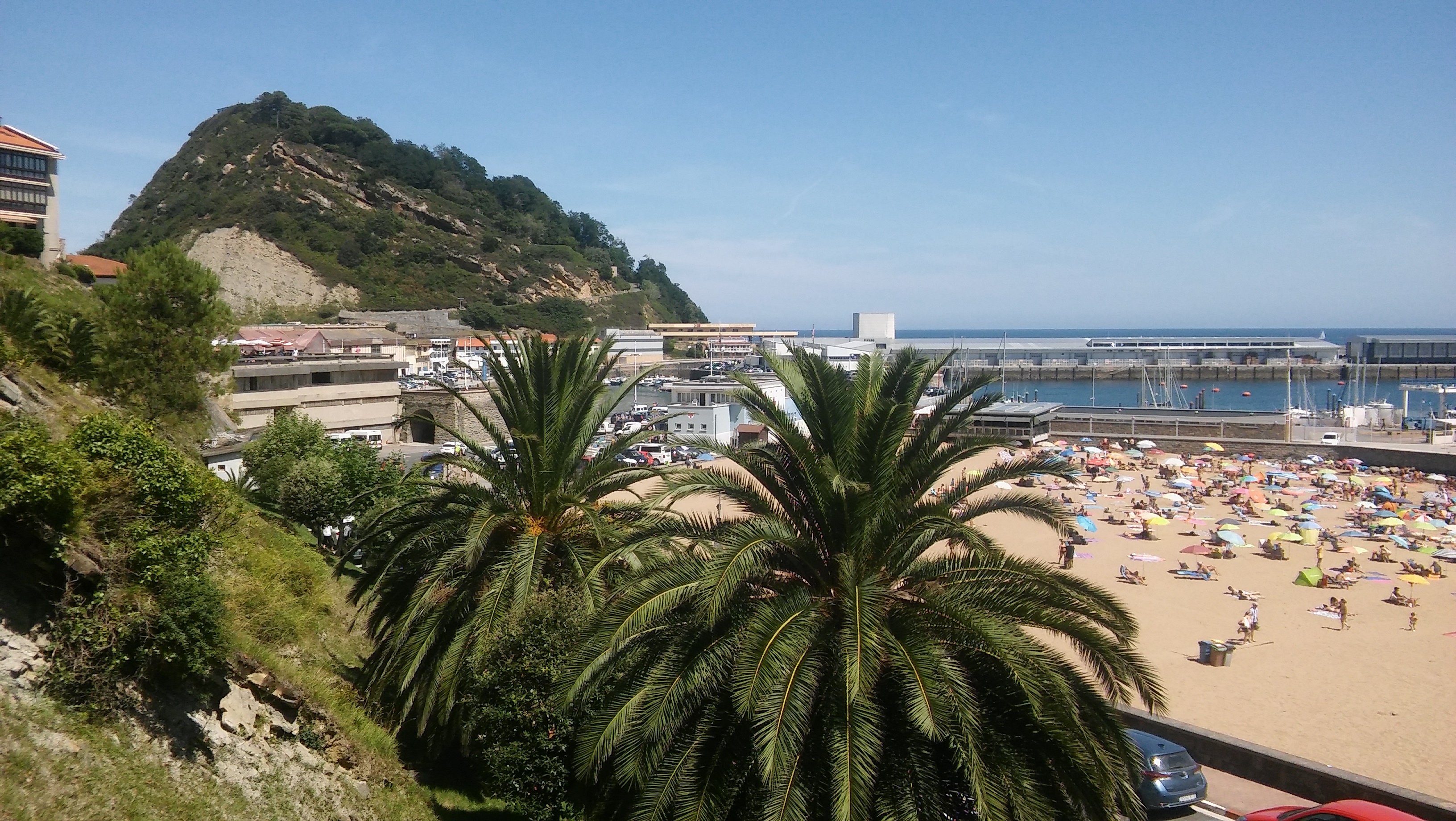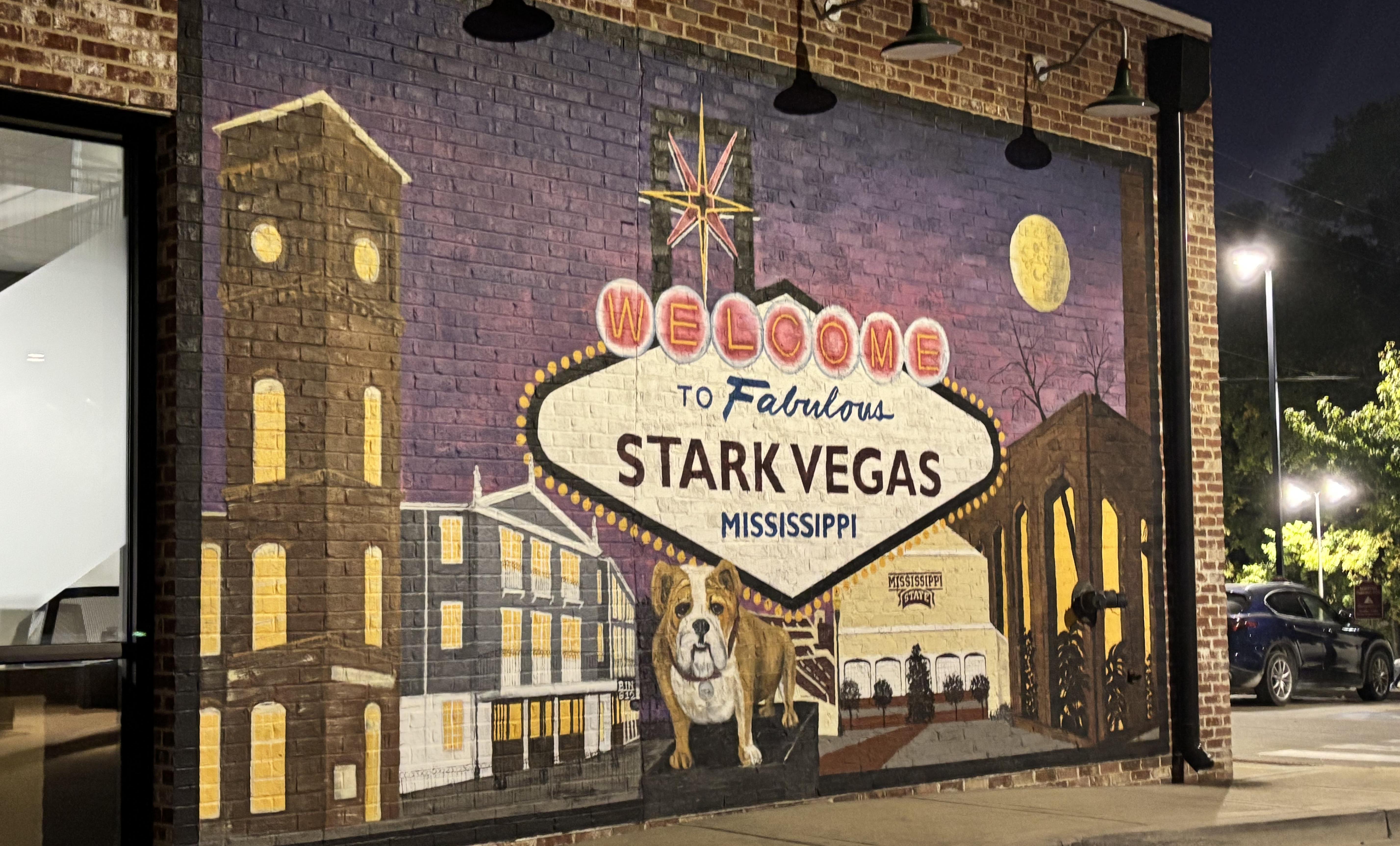13 Tourist Traps: Destinations Most Travelers Secretly Regret Visiting
Traveling promises discovery, immersion, and authentic moments. Yet, the allure of heavily marketed "must-sees" often leads to a common traveler's lament: the tourist trap. These famous spots, amplified by glossy brochures and Instagram feeds, frequently deliver a diluted experience, leaving visitors with buyer's remorse. Why do we fall for them? Often, the reality of overwhelming crowds, inflated prices, and a distinct lack of genuine local flavor shatters the idealized dream. This article cuts through the hype, pinpointing 13 specific destinations that often leave visitors wishing they'd chosen a different path, offering candid insights into why they might disappoint.
1. Times Square, New York City: The Overwhelming Sensory Overload
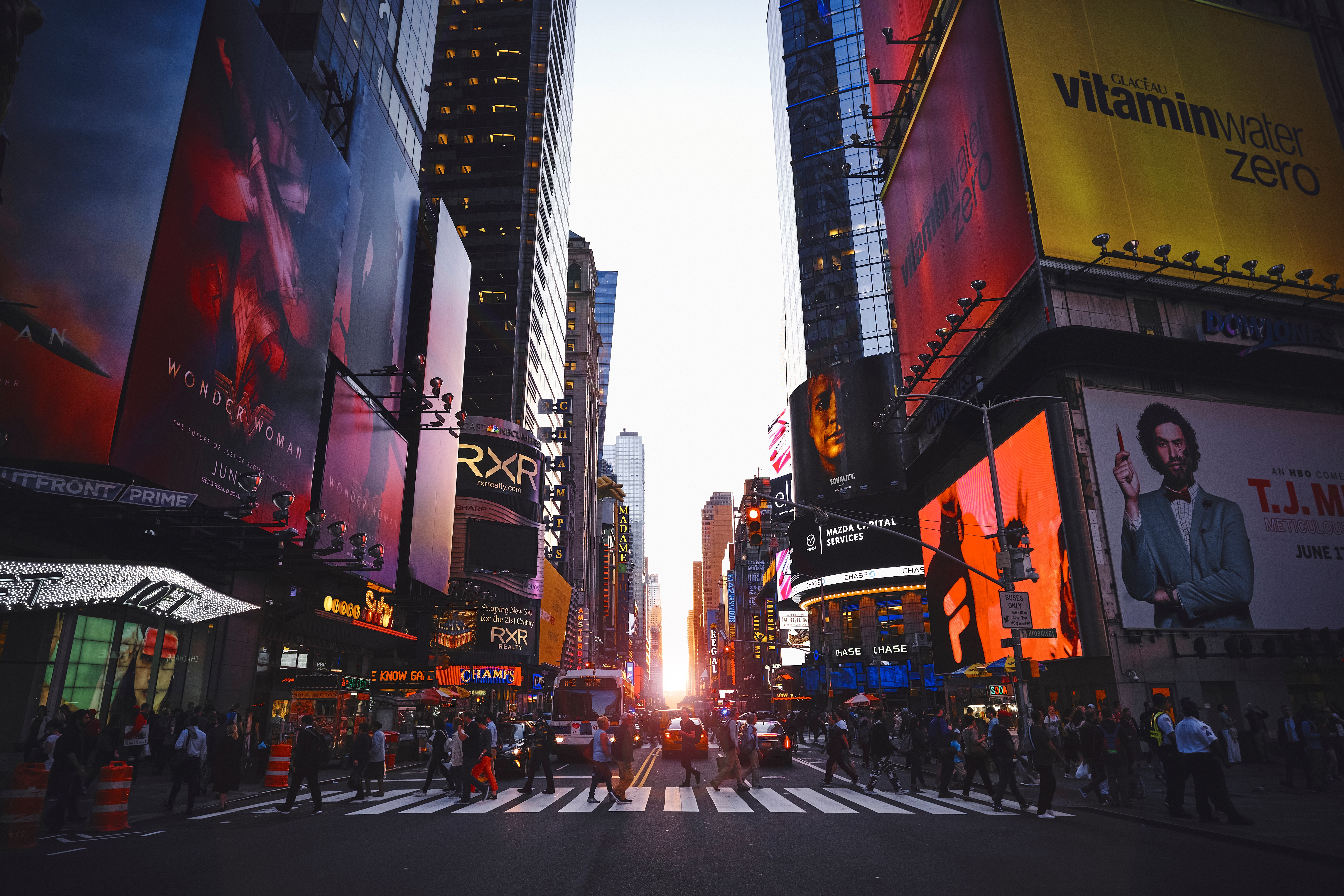
Expectation: Iconic bright lights, bustling energy, the heart of NYC. Reality: A suffocating crush of humanity, aggressive street performers, flashing billboards that overwhelm rather than inspire, and overpriced chain restaurants. While undeniably vibrant for a quick photo, the sensory assault and sheer commercialism often leave visitors yearning for the authentic soul of neighborhoods like Greenwich Village or the Lower East Side, proving that sometimes, less is more, and quieter corners offer richer experiences.
2. The Leaning Tower of Pisa, Italy: Just a Photo Op
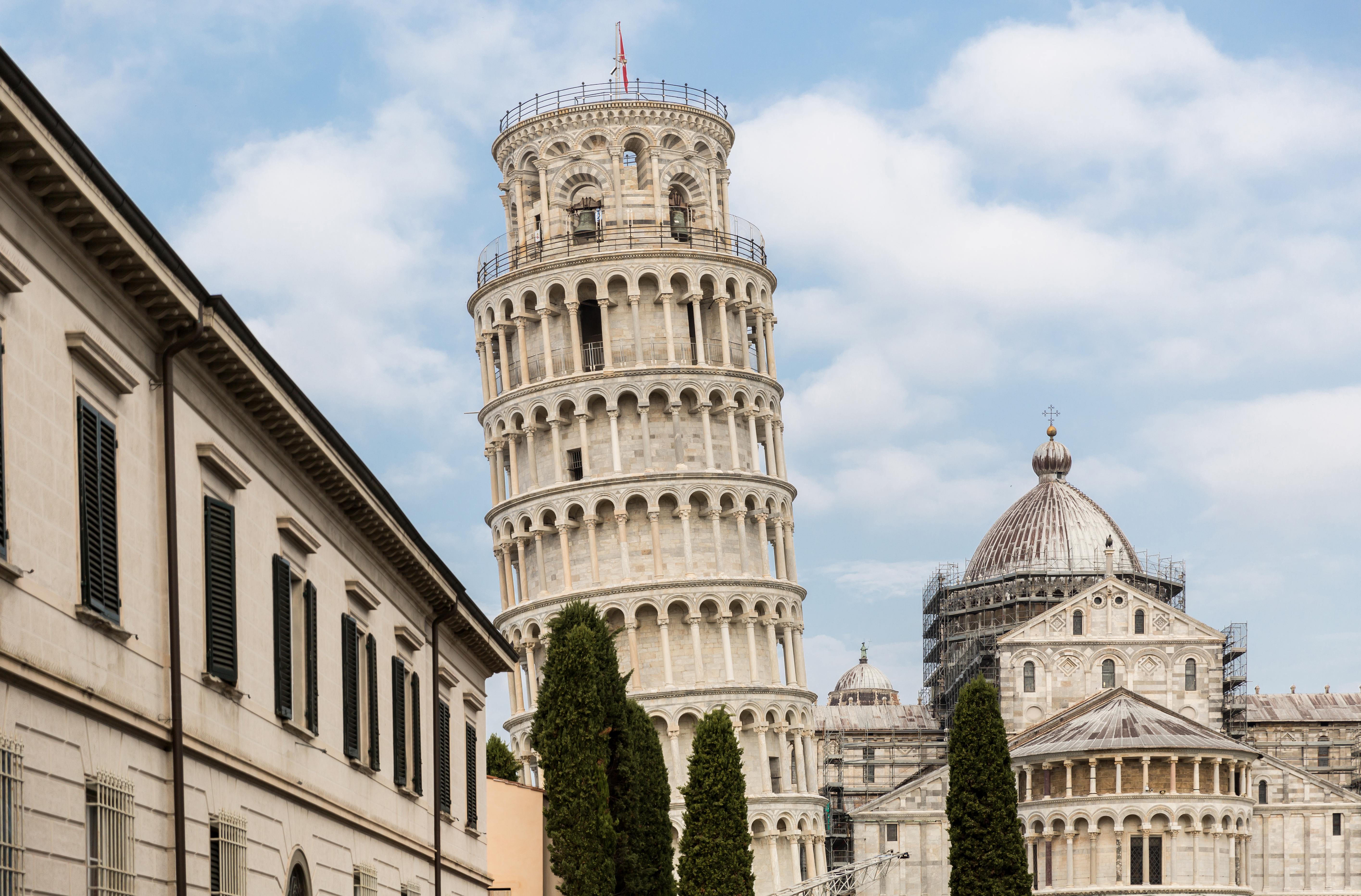
Expectation: A breathtaking architectural marvel defying gravity. Reality: A relatively small tower in a sprawling field, surrounded by thousands of tourists all doing the same silly "holding up the tower" pose. While historically significant, the experience is often reduced to a quick photo op and then... what next? Many find the brief encounter doesn't justify the journey or the fight through the crowds, leading to a quick departure in search of more engaging Tuscan charm.
3. Stonehenge, England: Distant Stones, Steep Prices
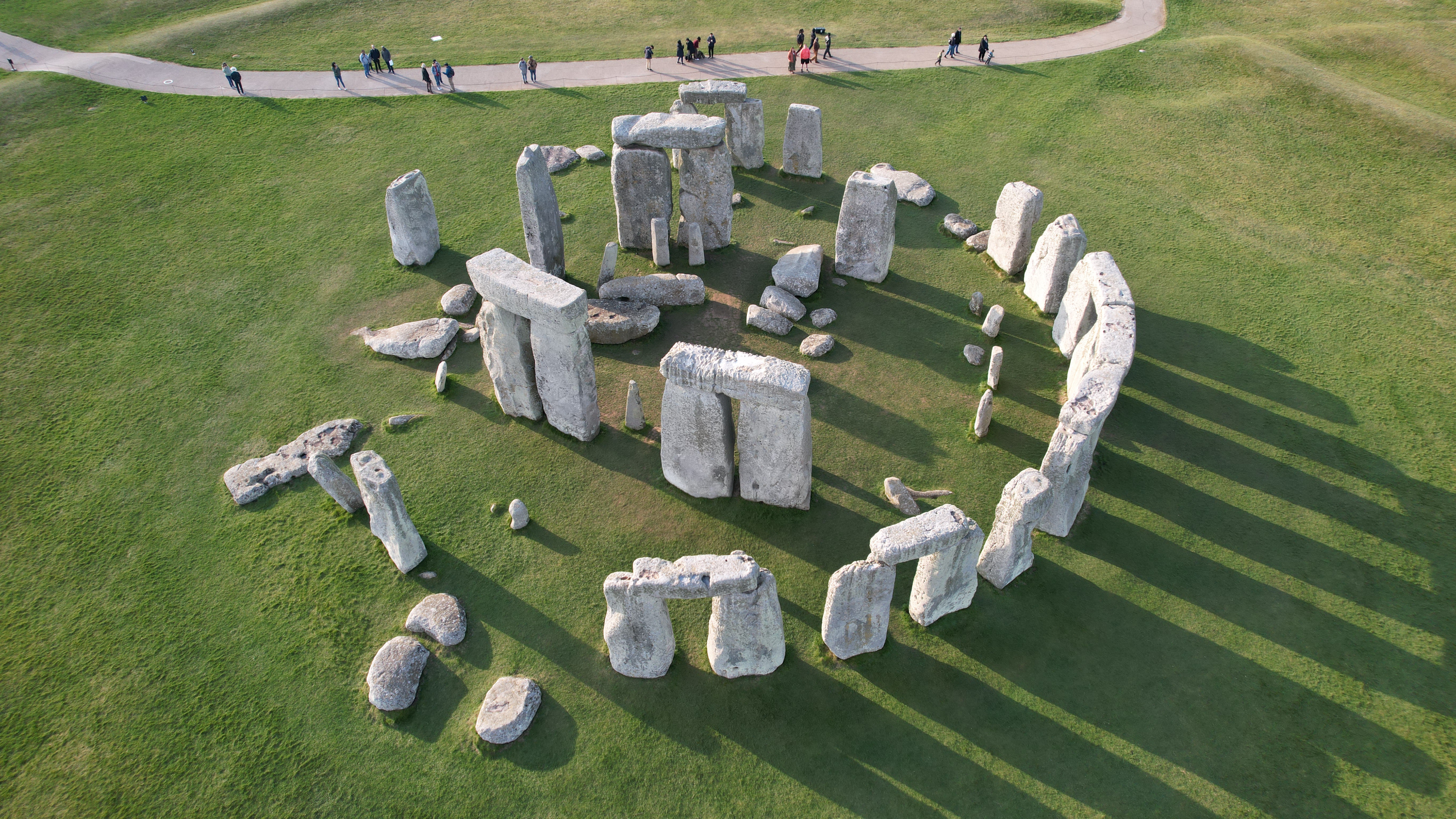
Expectation: Standing amidst ancient, mystical monoliths, connecting with history. Reality: You can't actually walk among the stones anymore (unless on a special tour). Visitors are kept a considerable distance away by a rope fence, viewing it from afar. Combined with high entrance fees, heavy crowds, and often dreary weather, the experience often feels more like a quick glance at distant rocks rather than an immersive journey into prehistory, leaving many underwhelmed.
4. The Blarney Stone, Ireland: A Kiss, a Queue, a Crowd
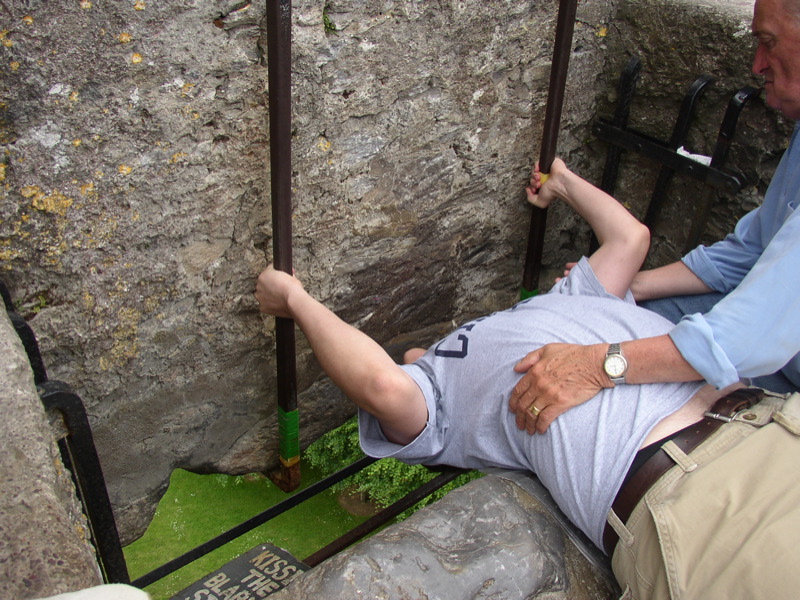
Expectation: A charming, ancient ritual bestowing eloquence. Reality: An incredibly long queue, often lasting hours, just to awkwardly lean backward to kiss a damp stone covered in countless other lips. The surrounding Blarney Castle is beautiful, but the "stone" experience itself is a brief, unsanitary, and unglamorous moment. Many tourists leave feeling that the legend vastly outweighs the actual, rather unhygienic, and time-consuming physical act.
5. The Hollywood Walk of Fame, Los Angeles: Grime, Not Glamour
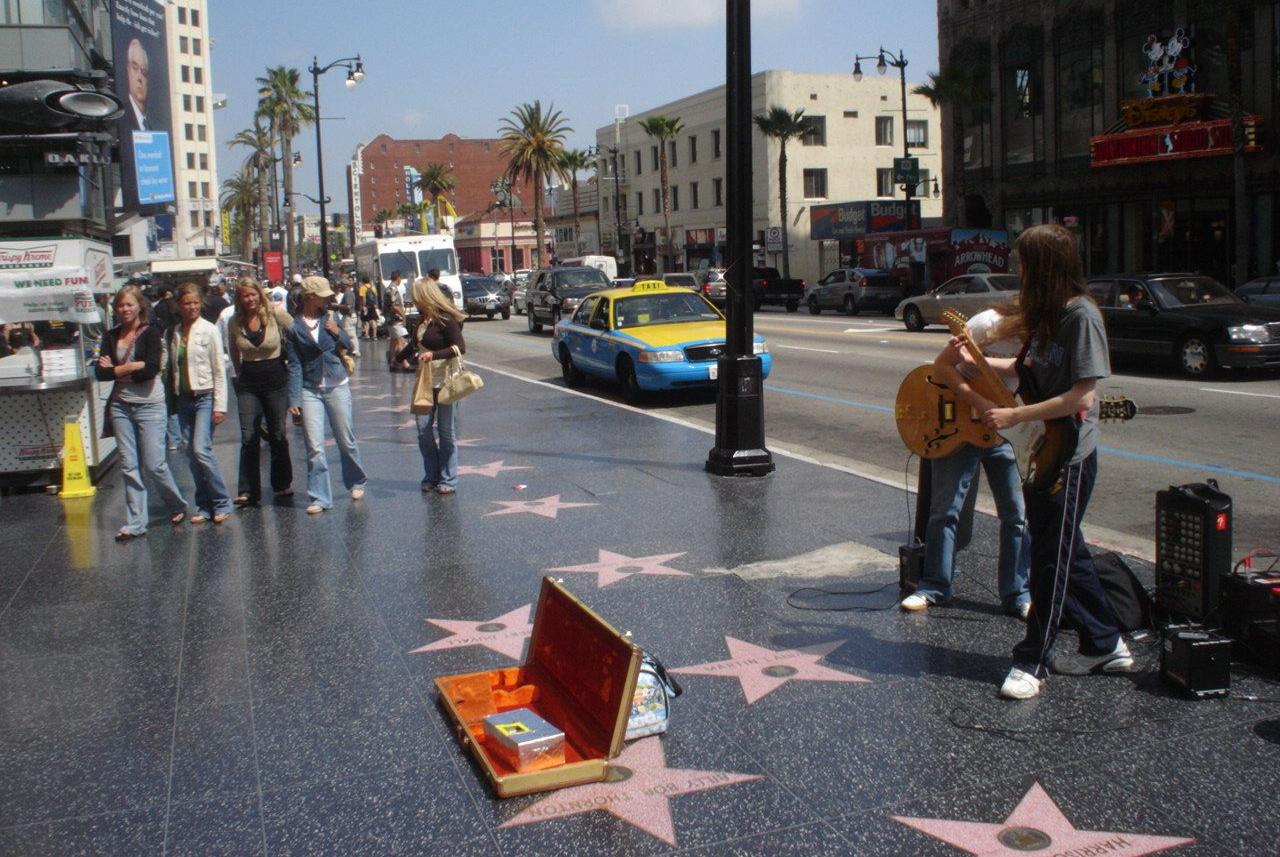
Expectation: Strolling through the glamorous history of cinema, surrounded by movie magic. Reality: A dirty sidewalk spanning several blocks, filled with aggressive costumed characters demanding tips, souvenir shops, and the occasional homeless person. The stars themselves are often worn, cracked, and underwhelming amidst the general grime. Many quickly realize the true Hollywood magic happens inside studios or at specific landmark theaters, not on this gritty stretch of pavement.
6. The Manneken Pis, Brussels, Belgium: A Tiny, Overhyped Statue
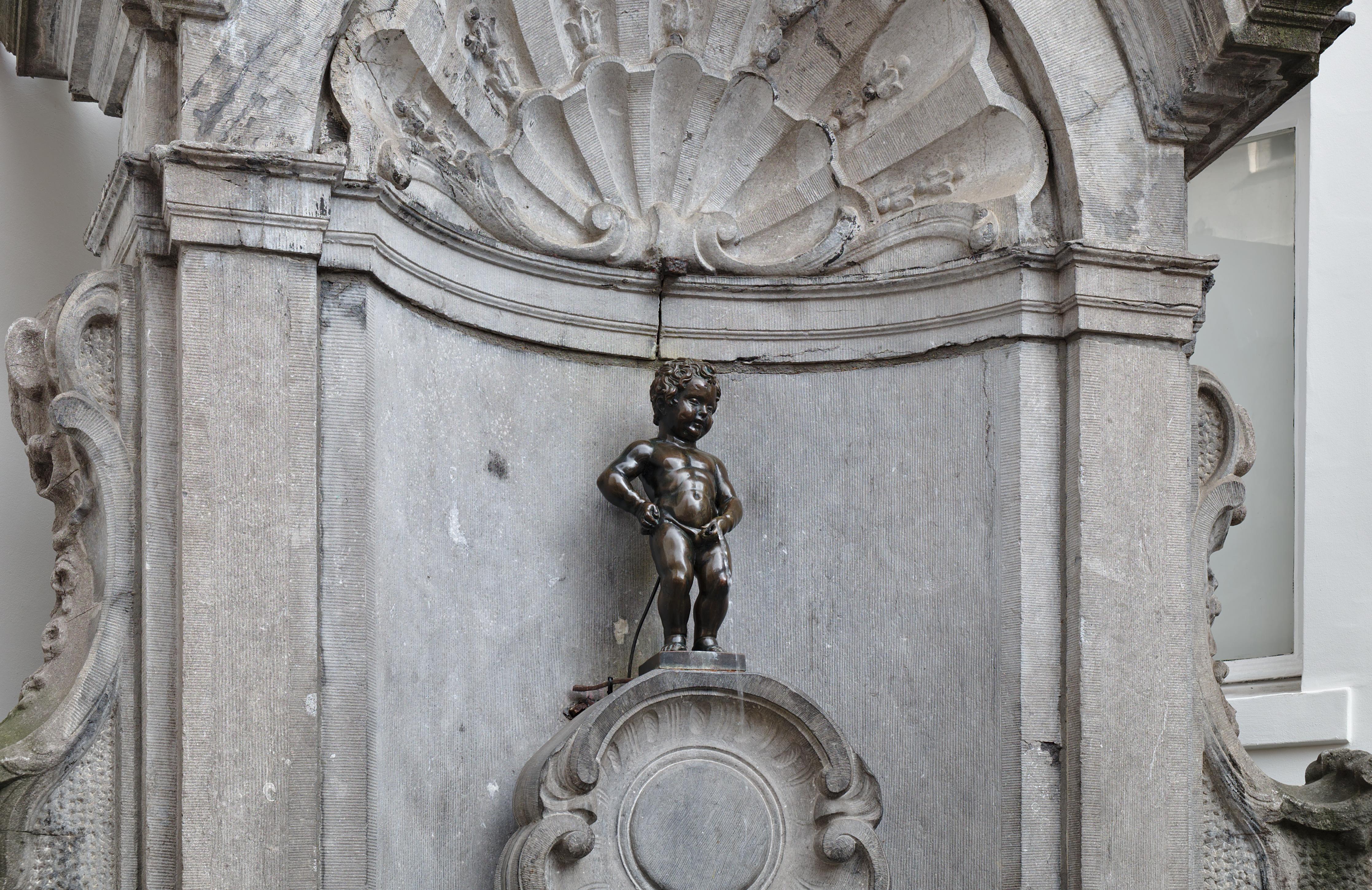
Expectation: A quirky, iconic symbol of Brussels. Reality: An incredibly small bronze statue of a peeing boy, often dressed in various outfits, usually surrounded by a dense crowd of tourists trying to get a glimpse. Its diminutive size and the effort required to see it often lead to universal feelings of "Is that it?" While charming in its own way, its monumental fame far exceeds its physical presence or profound impact.
7. The Great Pyramids of Giza, Egypt: Scammers and Souvenir Hustle
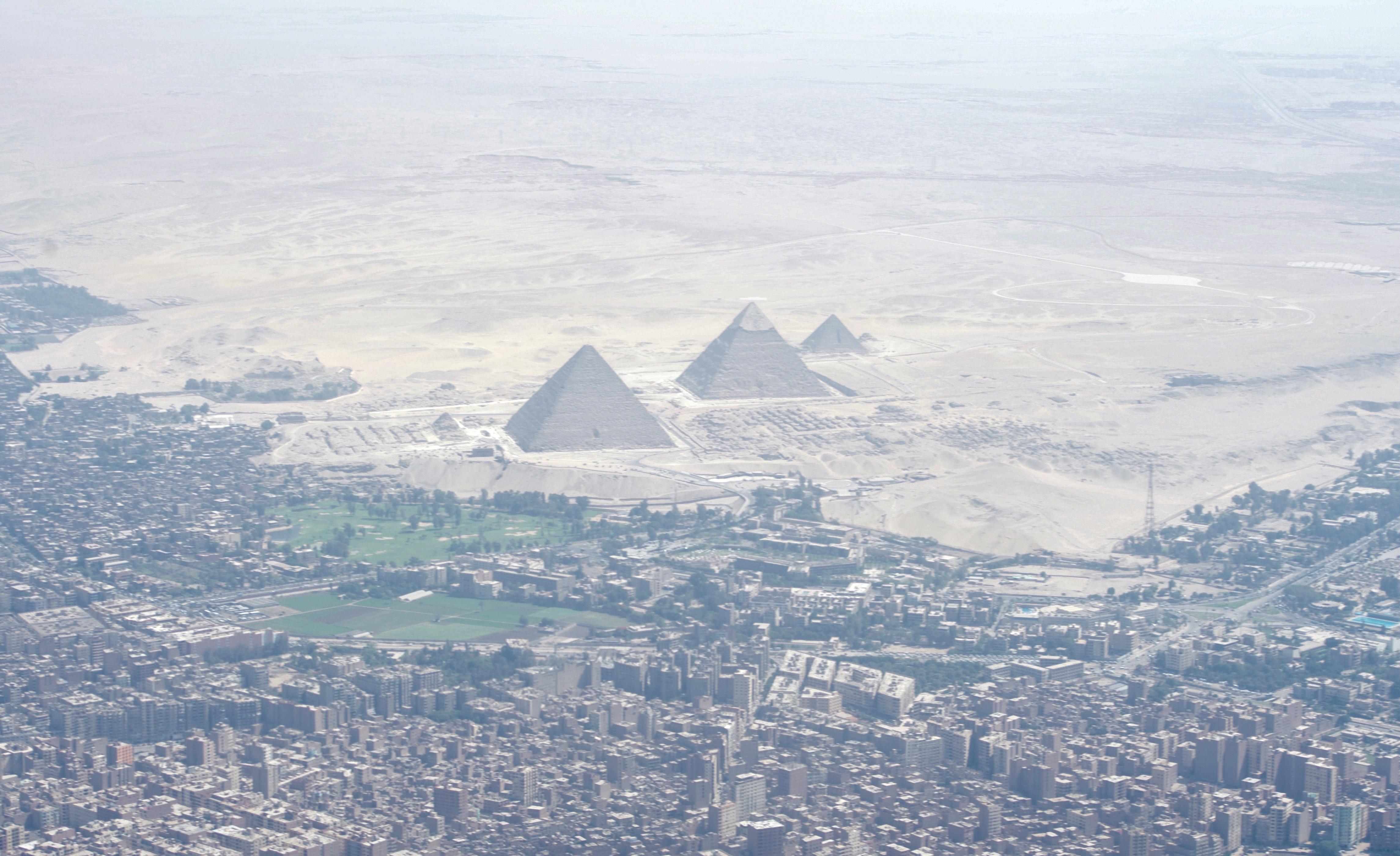
Expectation: Majestic, awe-inspiring ancient wonders in the desert. Reality: While undeniably magnificent, the pyramids are right on the edge of a sprawling, chaotic city. The experience is often marred by relentless touts, camel ride hawkers, and aggressive souvenir sellers, making genuine reflection nearly impossible. The sheer volume of harassment often overshadows the ancient grandeur, leaving visitors exhausted and frustrated.
8. Nonsuch Palace (Reconstruction), Surrey, England: History Lost, Recreation Found
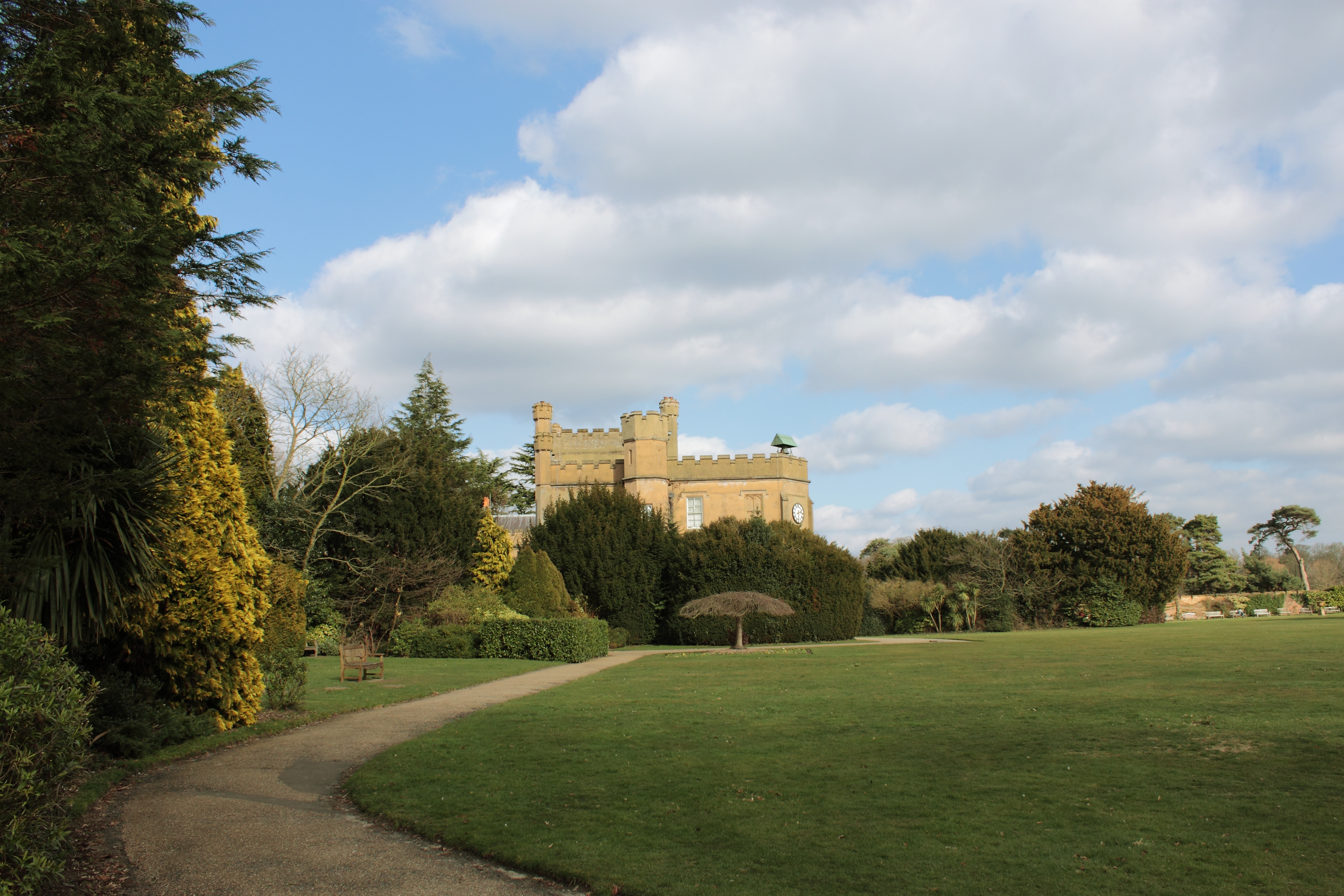
Expectation: Stepping into the grandeur of Henry VIII's legendary palace. Reality: Nonsuch Palace was demolished centuries ago, and only foundations remain. What you visit are often archaeological reconstructions, visitor centers, or interpretive displays – not the actual palace itself. This can be disappointing for those expecting a preserved historical site, highlighting the difference between experiencing history firsthand and learning about its remnants.
9. The Guinness Storehouse, Dublin, Ireland: A Brewery Theme Park
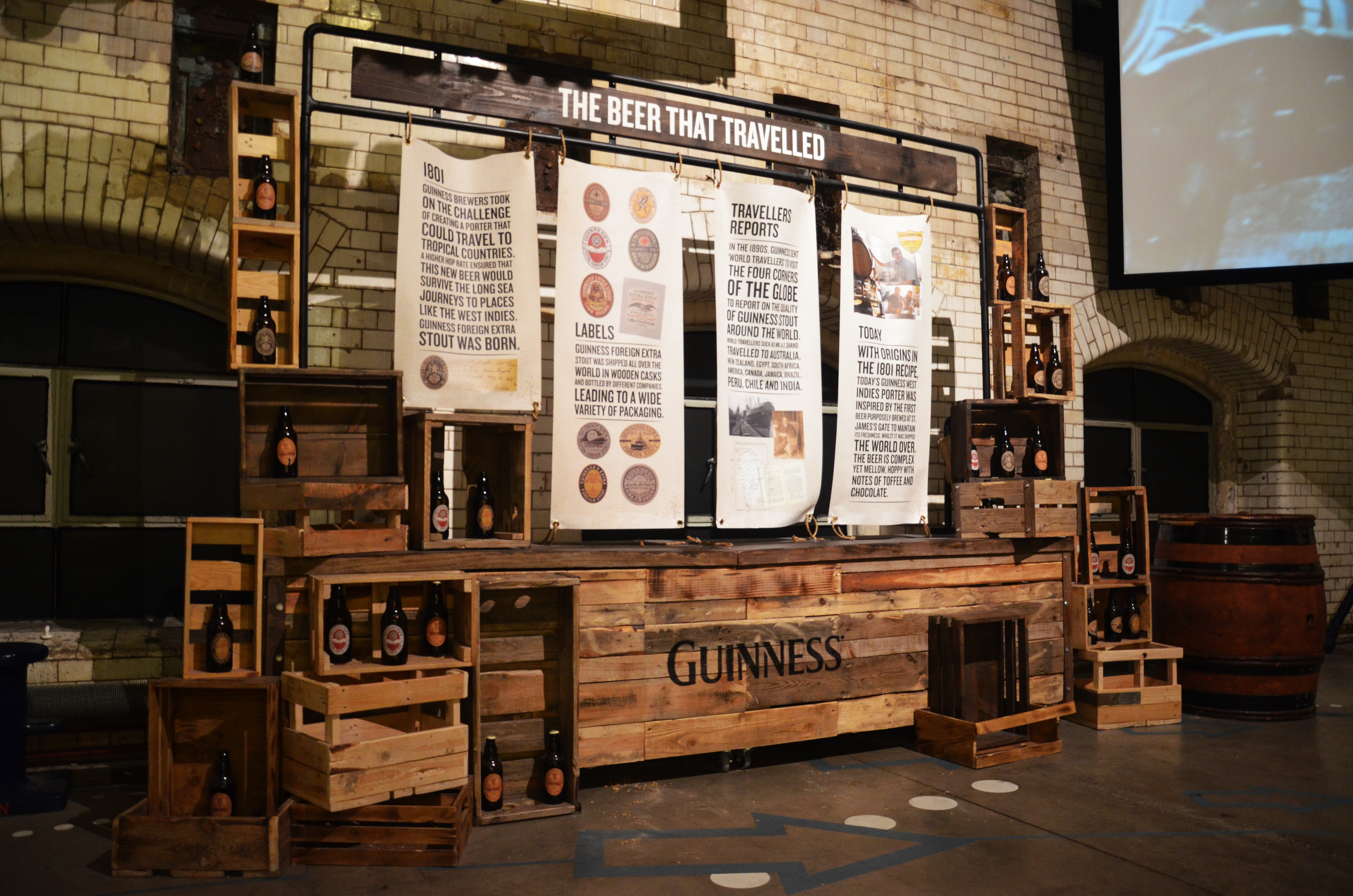
Expectation: An authentic dive into Irish brewing history. Reality: A slick, multi-story, heavily commercialized experience that feels more like a theme park than a traditional brewery tour. While it offers a great pint at the end and impressive city views, many purists find it lacks the genuine grittiness of an active brewery and prioritizes entertainment over in-depth historical insight, feeling more like a tourist trap than an authentic experience.
10. San Marco Square, Venice, Italy: Flooding, Pigeons & Crowds
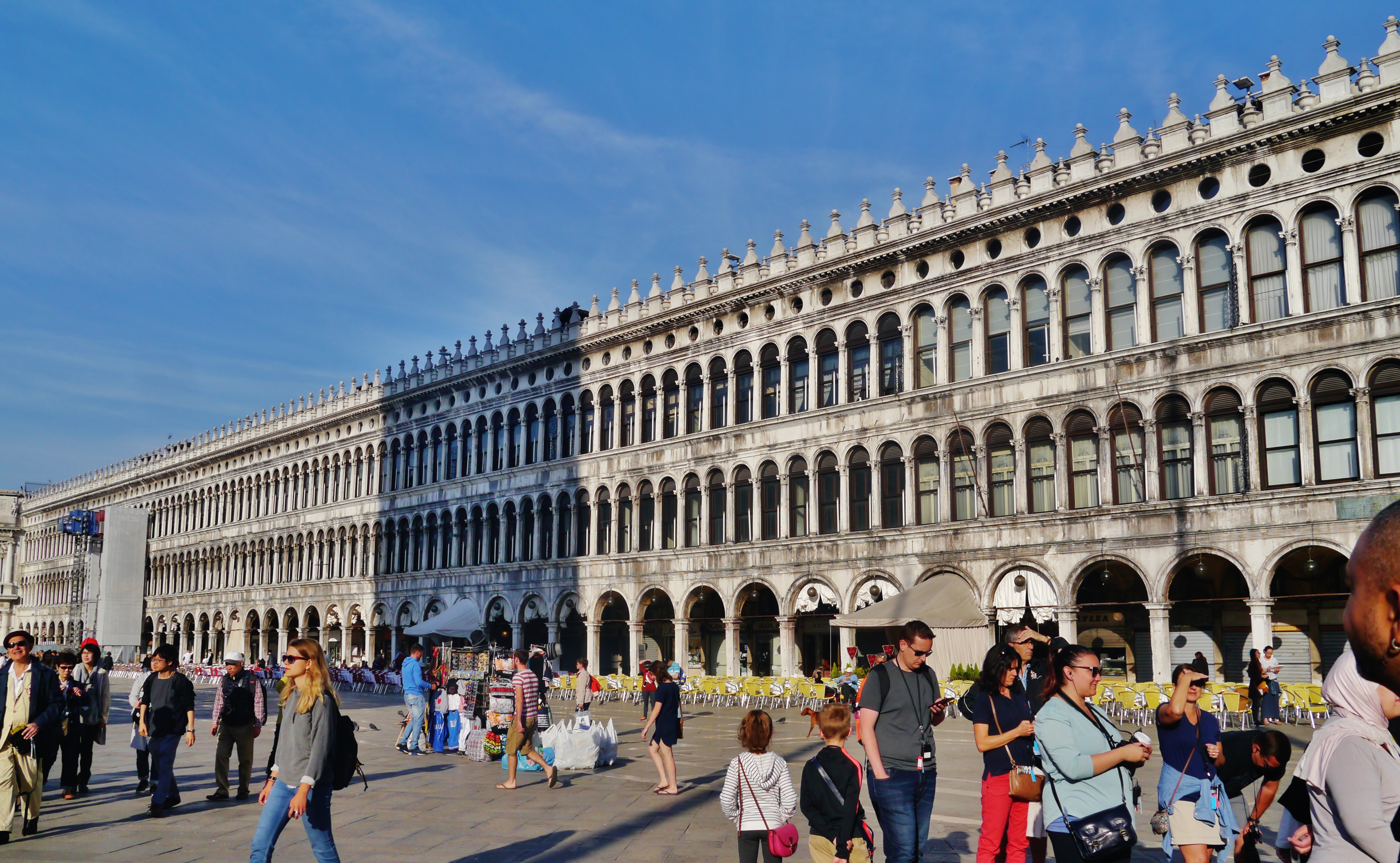
Expectation: A romantic, grand piazza steeped in history. Reality: Often severely overcrowded, especially in peak season, sometimes flooded (aqua alta), and notoriously overrun by aggressive pigeons begging for food (and potentially carrying disease). The beauty of the architecture is undeniable, but the sheer volume of tourists, the constant hustle, and the sometimes unsanitary conditions can easily overshadow the magic, prompting many to flee to quieter canals.
11. Mount Rushmore, South Dakota, USA: Smaller Than You Think

Expectation: Gigantic, awe-inspiring presidential faces carved into a majestic mountain. Reality: While impressive, many visitors are surprised by how much smaller the carvings appear than they do in photographs or on screen. The viewing area is also often packed, and the overall experience can feel somewhat limited to a quick look, rather than a prolonged, immersive encounter with monumental art. It's grand, but often not as grand as anticipated.
12. The Little Mermaid Statue, Copenhagen, Denmark: Tiny & Distant
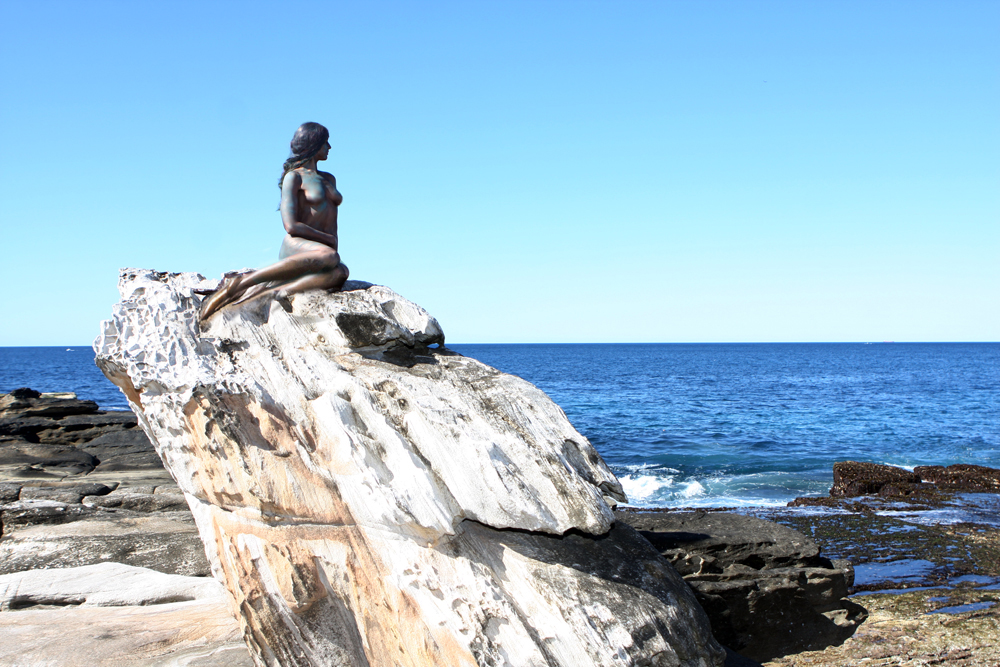
Why it's Disappointing: Expectation: A graceful, iconic statue symbolizing Copenhagen. Reality: The statue is surprisingly tiny and perched on rocks quite a distance from the main viewing area, often surrounded by massive crowds vying for a photo. It's often underwhelming given its global fame, and many feel it doesn't justify the trek or the fight through the throngs of tourists for a brief glimpse of something far smaller than anticipated.
13. Playa del Carmen (Main Strip), Mexico: Over-Commercialized Resort Vibe
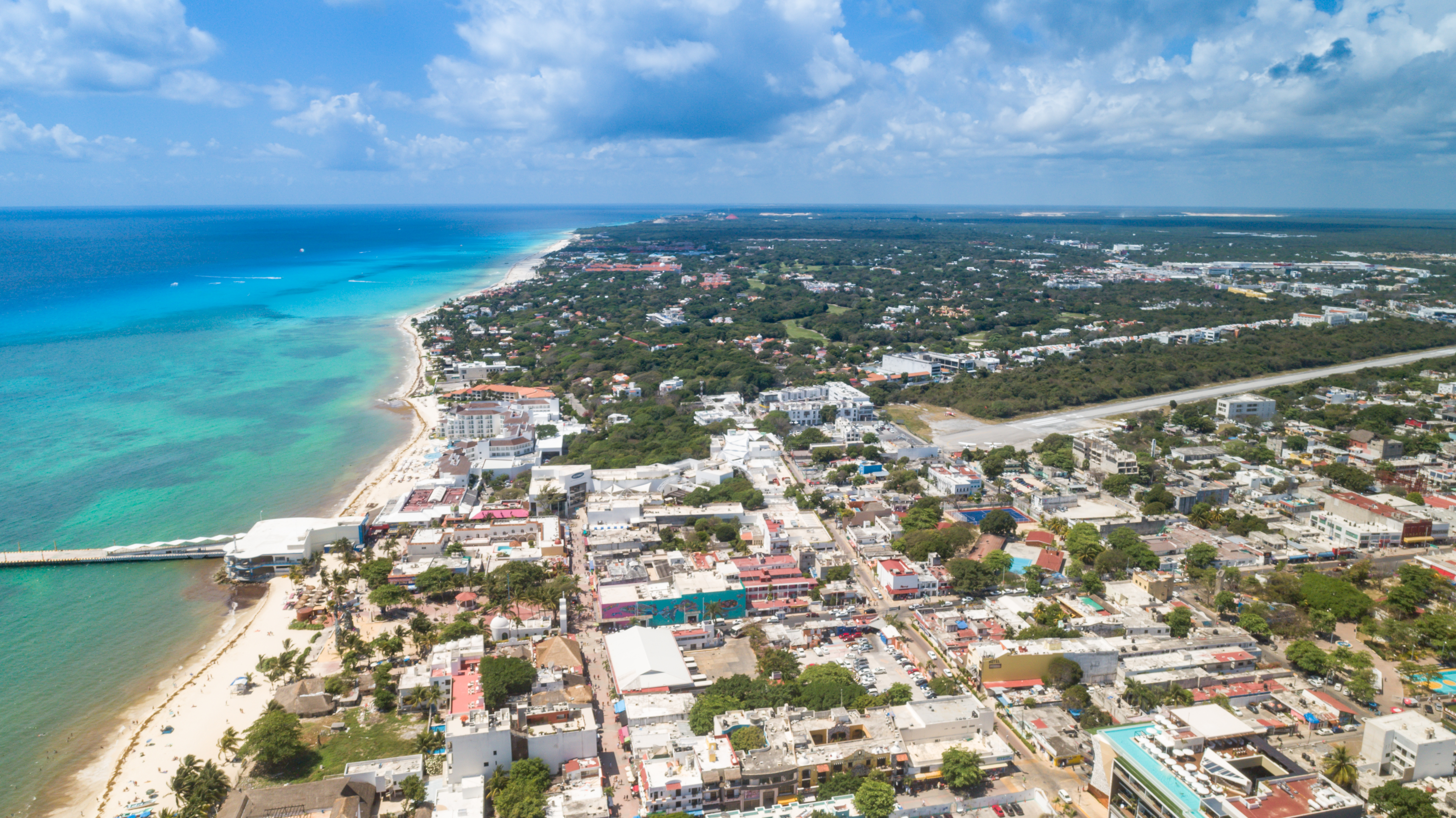
Why it's Disappointing: Expectation: A vibrant Mexican beach town with local charm. Reality: While beautiful beaches exist, the main strip (5th Avenue) is a highly commercialized corridor dominated by international chain stores, generic souvenir shops, and loud nightclubs. It often lacks authentic Mexican culture, feeling more like a sanitized resort bubble catering to foreign tourists than a genuine local experience, prompting many to seek out smaller, less developed towns.
The Lasting Lessons from Tourist Traps: Travel Smarter
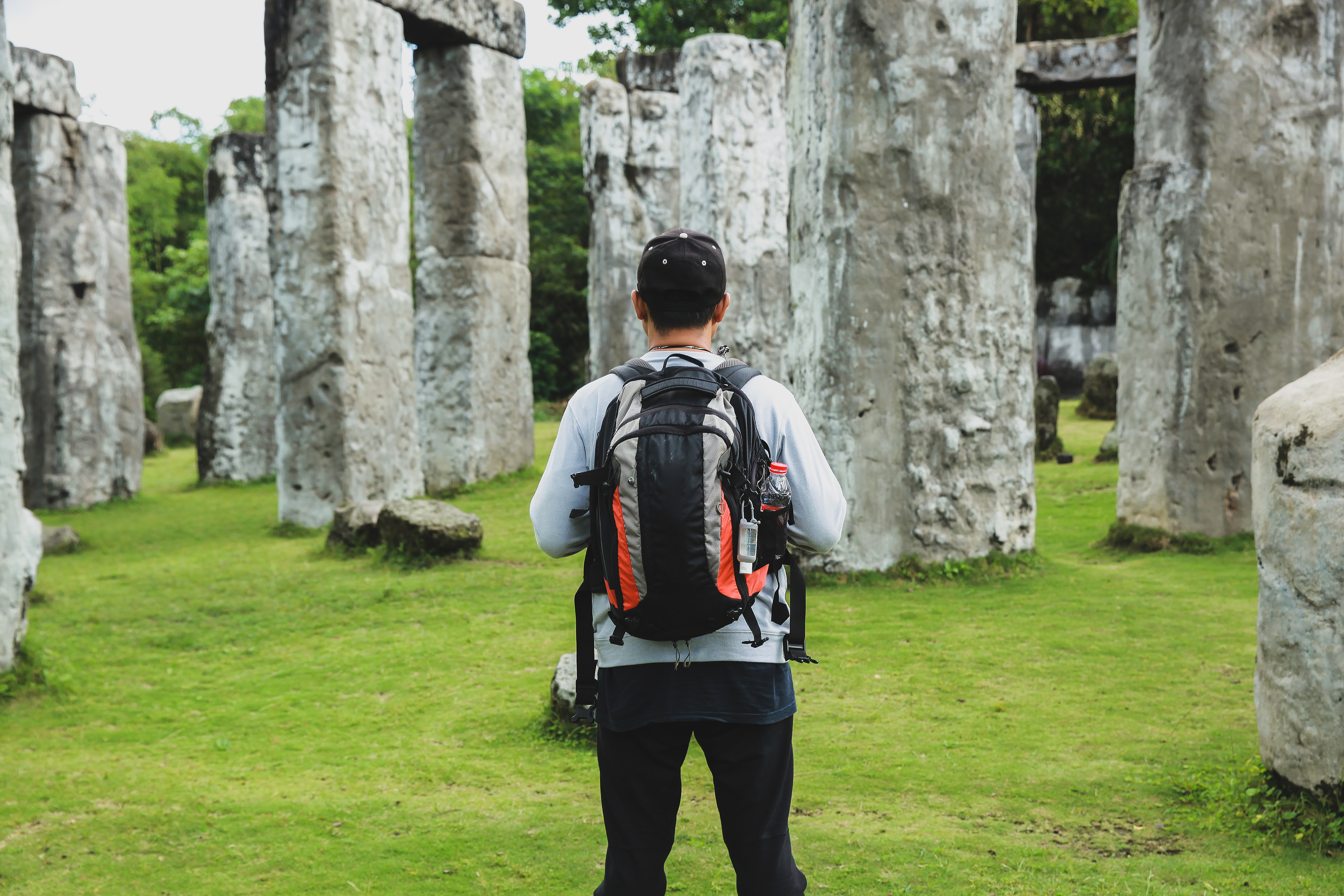
While visiting these sites might induce a touch of regret, their true value lies in the lessons they impart. These experiences highlight the chasm between idealized expectations and commercialized realities, forcing travelers to refine their desires and seek deeper connections. They teach us the importance of independent research, looking beyond social media hype, and valuing genuine local interaction over manufactured spectacles. Ultimately, the "disappointment" serves as a powerful guide, pushing us to explore off the beaten path, support authentic local economies, and cultivate a more discerning, reflective approach to travel that truly enriches our understanding of the world.

